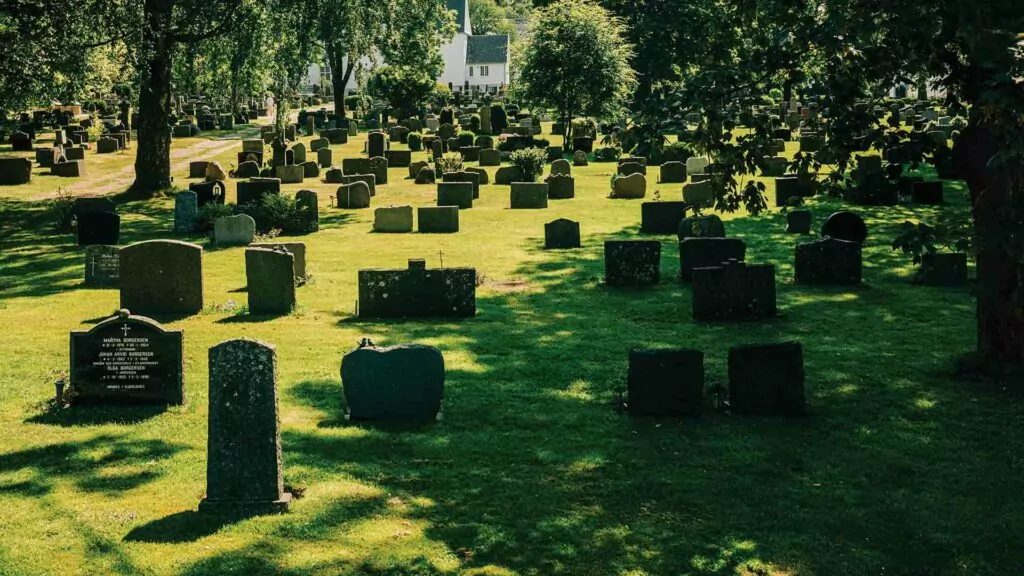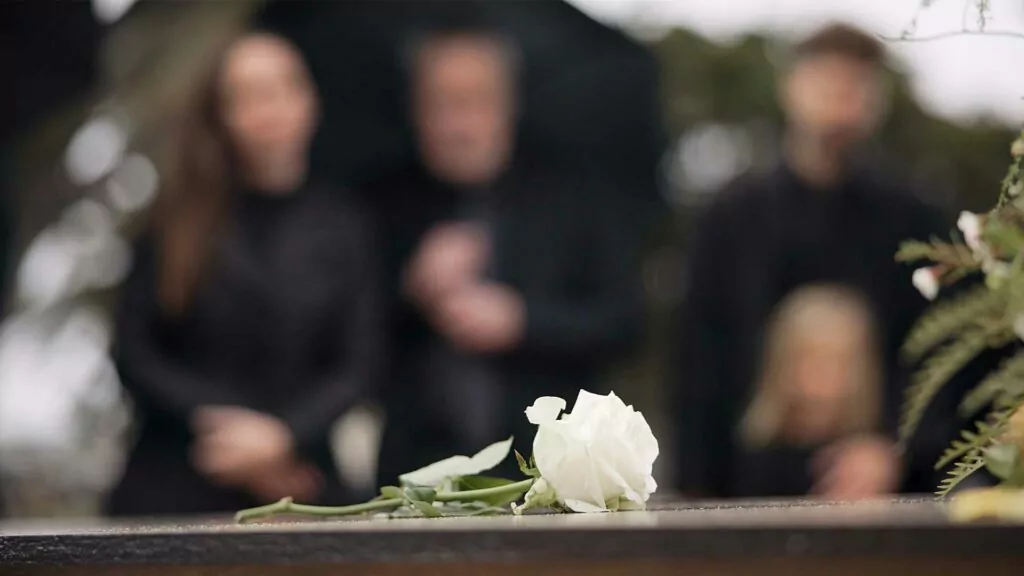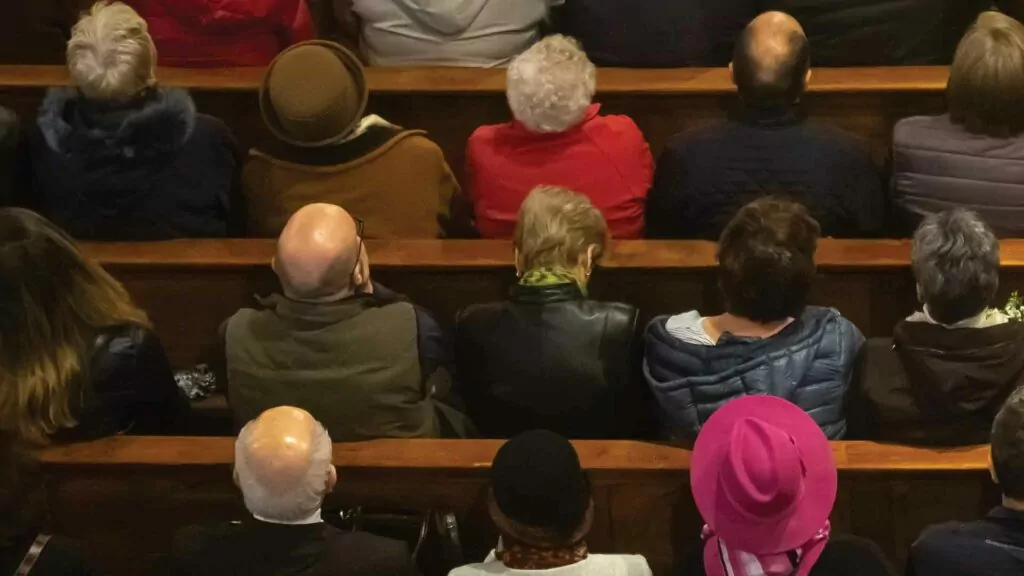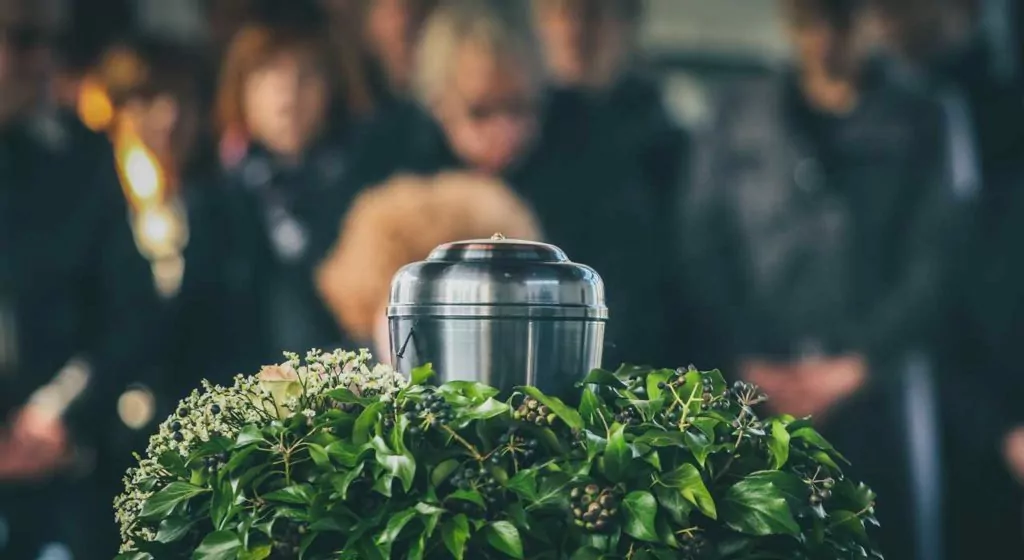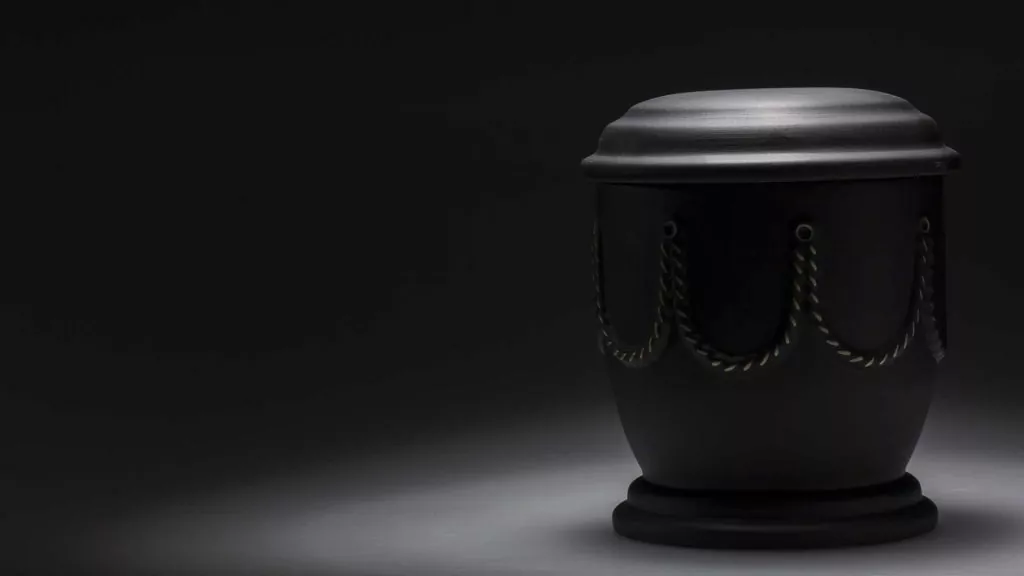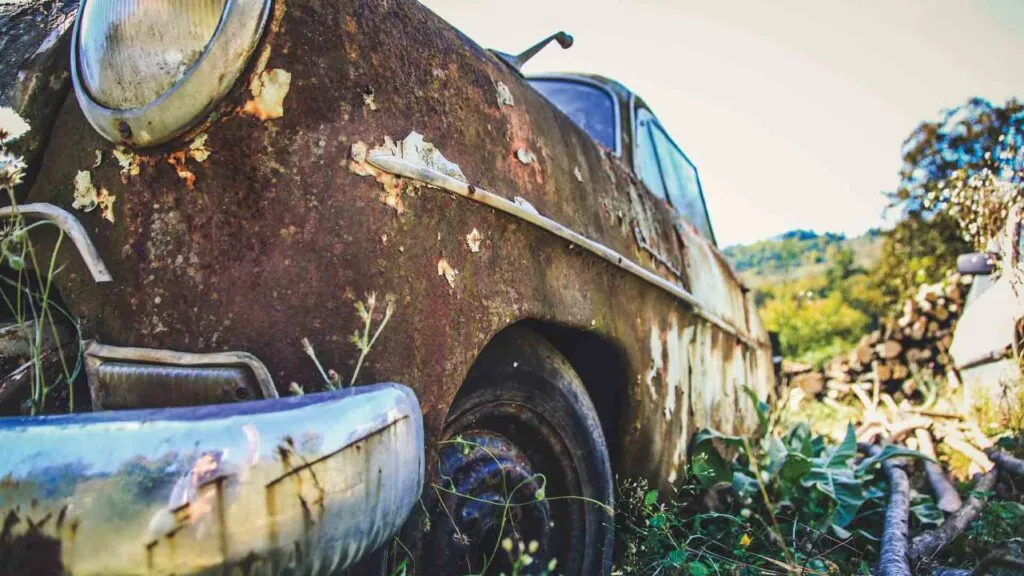
Dying Well
Moth and rust resolutions
Do not lay up for yourselves treasures on earth, where moth and rust consume and where thieves break in and steal, but lay up for yourselves treasures in heaven, where neither moth nor rust consumes and where thieves do not break in and steal. For where your treasure is, there will your heart be also. (Matt. 6:19-21)
I'll wait to have a child, she said,
Until this year, next year,
Is past. The winters whiled away.
But when she craved a son,
The day was gone. The day was done.
And when the evening stole
Across the sky. She heard God say,
I need your soul. Your time's passed by.
You cannot stay.
I'll marry me a farm, he said,
And insulate it well
With rustic country charm, he said.
But when he'd drawn his plans,
Borrowed the money, read the banns,
The evening sunset stole
Across the sky. He heard God say,
I need your soul. Your time's passed by.
You cannot stay.
I'll juggle with my tax, he said,
No need to call it cheat,
For everyone is lax, he said.
He filed his neat return,
But did not get it back. The burn
Of sunset evening stole
Across the sky. He heard God say,
I need your soul. Your time's passed by.
You cannot stay.
Tomorrow I will play, he said,
But father's busy now,
I have no time today, he said.
His child walked out the door.
A glance, a twinge of guilt, no more,
And soon the darkness stole
Across the sky. He heard God say,
I need your soul. Your time's passed by.
You cannot stay.
Please hold your twilight, Lord, for I
Am not quite ready yet to
***
The Bible tells us in Deuteronomy 23:21-23 that we should be careful to do what we say and do what we believe. We demonstrate our reverence, respect, and love for God by a daily walking in His path. However, the sad truth is that promises are often broken, not just by our neighbors who might not attend church, but also by Christians who have made a public profession of faith.
Our lifespan is short and we do not know how many days are left in which we may serve God; we do not know how many days will be given to us to acknowledge openly the love we say we have.
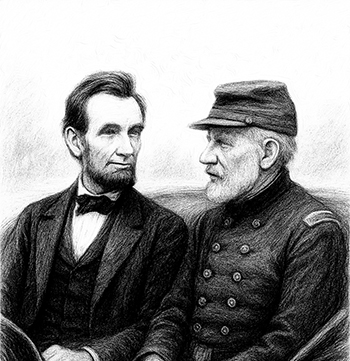 Lincoln’s mom
Lincoln’s mom
There is an anecdote about Abraham Lincoln and a vow. Lincoln, who was the 16th president of the U.S. (1861-1865), once drove a lengthy distance in a carriage with one of his colonels. During the drive, this colonel took a bottle out of his pocket and offered the president a drink of whiskey. Lincoln politely refused. Reaching into his shirt pocket, the officer then offered Lincoln a whopping, beautiful cigar.
Smiling, Lincoln responded by telling a story. “When I was nine years old,” he began, “my mother was extremely ill. She was on her deathbed and called me to her side. Some of her last words asked me to promise that I would never drink or smoke. I said that I would not and I have kept that promise. Would you advise me to break it at this time in my life?”
Abraham Lincoln’s response was a godly one. At that time, he had no idea that he would be assassinated soon and that his soul would be required of him by his heavenly Father. Had he broken his word to his earthly mother, it would also have been a broken word to his heavenly Father.
To turn to our patient God, and to do His will, is a requirement for all those endowed with the breath of life. It should be a daily prerogative. God gives to everyone on earth many chances to turn from earthly ways to heavenly ones.
 Sinatra’s way
Sinatra’s way
Frank Sinatra (1915-1998) was a popular American singer and actor. Humanly speaking, he was quite famous. Many people hummed along to his signature song, a song by which he was known and a song which claimed that he was in charge of his own life, his own decisions. Entitled “My Way,” the song appealed to the self-assertive. Some of its words were:
Regrets, I’ve had a few,
But then again, too few to mention.
I did what I had to do and saw it through without exemption.
I planned each charted course,
each careful step along the byway,
And more, much more than this,
I did it my way.
Frank Sinatra’s life, his moth-and-rust way, by the grace of God, lasted a little longer than eight decades. He’d been married four times, had three children, and had an adoring public before God spoke and said, “This is now the end of your way, Frank. I need your soul.”
Frank died of complications associated with dementia, heart and kidney disease and bladder cancer. Before he died, he summed up his way, his personal faith, in these words:
“First: I believe in you and me … I believe in nature, in the birds, the sea, the sky, in everything I can see or that there is real evidence for. If these things are what you mean by God, then I believe in God. But I don’t believe in a personal God to whom I look for comfort or for a natural on the next roll of the dice. I’m not unmindful of man’s seeming need for faith; I’m for anything that gets you through the night, be it prayer, tranquilizers or a bottle of Jack Daniel’s … Well, I believe that God knows what each of us wants and needs. It’s not necessary for us to make it to church on Sunday to reach Him. You can find Him anyplace. And if that sounds heretical, my source is pretty good: Matthew, Five to Seven, The Sermon on the Mount.”
Frank Sinatra’s last words, spoken to his wife, were: “I’m losing.”
God, in His love, gave Frank Sinatra plenty of opportunities to turn to Him for salvation during his long, four-score plus, earthly travel. Not being God, we cannot judge the final moments of the singer’s life. But this truth is sure, once he died, blue-eyed Frank, ready or not, faced God in final judgment and God rendered a verdict on him, as He will render it to each human being. He will render each judgment with holiness and justice. But there are no second chances and there are no other ways than God’s way.
Jesus in 2026
Although it is appointed for man to die once, and after that face judgment, as it says in Hebrews 9:27, it is also good to remember the comfort of John 5:24.
“Very truly I tell you, whoever hears My word and believes Him who sent Me has eternal life and will not be judged but has crossed over from death to life.”
Perhaps this coming year of 2026 will be the year in which we will hear God say to some of us, “I need your soul. Your time’s passed by. You cannot stay.” It is good to reflect on this and to contemplate seriously whether or not our daily resolutions will pass muster; whether or not they are infused with love for and faith in Jesus.







